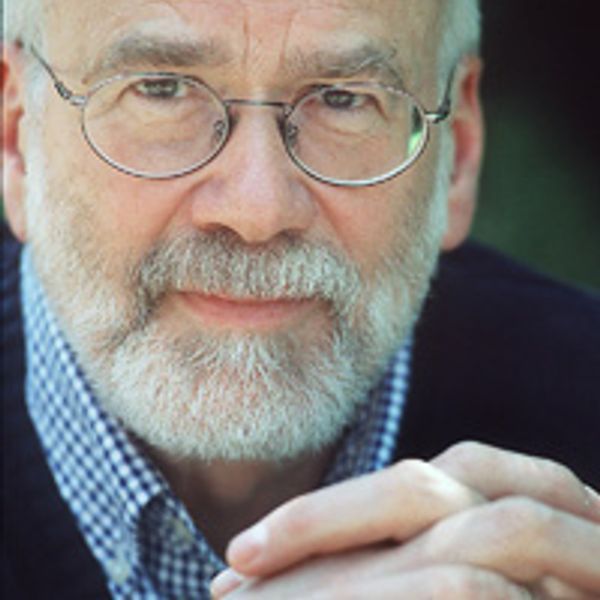Lia Purpura, Parasol Mushroom (detail), featured in AGNI 102
The 1950s
“Let’s take the car after school,” the two girls
would say, which meant they wanted to be taken
by it, the top down, the wind surfing over
the wrap-around window. The stepdaughter,
Carol, always drove, just as her new stepfather
insisted, and while her girlfriend Debbie listened
for the lighter to pop out from the dash
and with its tiny, interior hotplate lit menthol
cigarettes one by one for both of them, they thought
about how the boys would admire them.
When they drove into their station at the A&W
and Carol unhooked the mic to order their Cokes
pushing back her shoulder-length hair to reveal
her long throat, she thought she resembled
a popular singer. “Beautiful,” was the word
the boys used to describe the car as they gathered
around it, stroking its curves and sometimes
asking if they could see what was under
the hood. Then they looked into Carol’s amazing
and frightening blue eyes, or Debbie’s warm,
compliant ones, the door or fender giving them a way
to steady themselves. All of that was OK
with the stepfather, who only required that they let
no boys inside, or they could never borrow
the car again. Handsome like a man, he really wasn’t
much more than a boy himself and, not wanting to be
anyone’s father, told them to call him “Petey.”
As he said goodbye in his T-shirt some afternoons,
leaning comfortably into the open window of his new
Chevy convertible, he would call Debbie
“Ginger Snap,” and his stepdaughter, his favorite,
with a knowing wink, “Angel Pie.” He was proud
of the sinuous Hawaiian woman in green he wore
on his muscular forearm and the darker tattoo
in cursive letters of his own name underneath, the same
tattoo he had his new wife ink on the inside
of her ankle. “Don’t you go changing on me,”
he would say with a smile before they headed out
the driveway and the motion rose in their ears, but
the two in the car were already changing, Debbie,
who hoped each day at the A&W for a certain
cute boy to return her gaze, and Carol, in distress
because she couldn’t quite get the muscular forearm
and the wink out of her mind even after she touched
her cigarette to the lighter and took a deep drag
and tried to find a good station on the radio.

Wesley McNair
Wesley McNair is the author of nine poetry collections. His most recent book is the memoir The Words I Chose (Carnegie Mellon, 2012). He has received fellowships from the Rockefeller, Fulbright, and Guggenheim Foundations, and countless other honors, including the Robert Frost Prize; the Jane Kenyon Award for Outstanding Book of Poetry (for Fire); the Eunice Teitjens Prize from Poetry magazine; the Sarah Josepha Hale Medal (also awarded to Robert Frost, Donald Hall, Maxine Kumin, Robert Lowell, May Sarton, Arthur Miller, Richard Wilbur, et. al.) for his “distinguished contribution to the world of letters;” and two honorary doctoral degrees for literary distinction. McNair has served three times on the nominating jury for the Pulitzer Prize in poetry. Featured on Garrison Keillor’s Writer’s Almanac and National Public Radio’s Weekend Edition, his work has appeared in the Pushcart Prize Annual, two editions of The Best American Poetry, and over fifty anthologies and textbooks. Among the magazines that have published his work: AGNI, AGNI Online, The Atlantic Monthly, The Gettysburg Review, Poetry, The Southern Review, and Virginia Quarterly Review. McNair recently retired from the University of Maine at Farmington, where he directed the creative writing program. He was recently selected for a United States Artist Fellowship as one of America’s “finest living artists.” (updated 10/2012)
